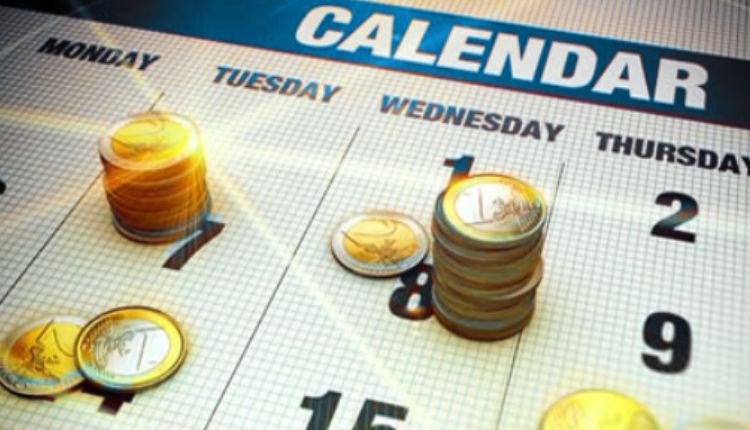Introduction:
In the dynamic world of finance, staying ahead of the curve is essential for investors, traders, and businesses. One tool that plays a pivotal role in achieving this is the economic calendar. An economic calendar serves as a compass, guiding market participants through the maze of economic events and data releases. In this article, we will delve into the significance of an economic calendar, explore its key components, and discover how it can be leveraged to navigate financial markets with precision.
I. The Significance Of An Economic Calendar
An economic calendar is a comprehensive schedule of significant economic events and data releases. These can range from central bank meetings and GDP reports to employment figures, inflation data, and consumer sentiment surveys. Each event has the potential to impact various asset classes, including stocks, bonds, currencies, and commodities. By keeping track of these events, investors can make informed decisions, capitalize on market movements, and manage risk effectively.
II. Key Components Of An Economic Calendar
- Event Details: The economic calendar provides essential information about each event, such as the event name, date, time, and the country or region associated with it. It also assigns a level of market impact to each event, categorized as high, medium, or low, indicating the expected influence on market sentiment.
- Economic Indicators: An economic calendar lists a wide array of economic indicators, including interest rates, inflation rates, employment figures, and trade balances. These indicators reflect the overall health and performance of an economy, providing valuable insights into its trajectory.
- Previous, Forecasted, and Actual Data: For each economic indicator, the economic calendar displays the previous data, the forecasted data, and the actual data once released. By comparing these figures, market participants can assess the accuracy of predictions and evaluate the impact of the data on the market.
- Market Consensus: The economic calendar often incorporates the market consensus, representing the average expectation of economists and analysts regarding upcoming data releases. This consensus serves as a benchmark against which the actual data is measured, influencing market reactions.
III. Effective Utilization Of The Economic Calendar
- Fundamental Analysis: Traders and investors rely on fundamental analysis to assess the intrinsic value of assets. The economic calendar plays a vital role in this analysis by providing key economic data and events that can impact asset prices. By incorporating this information into their decision-making process, market participants can make more informed investment choices.
- Timing Market Entry and Exit: The economic calendar helps traders time their market entries and exits more effectively. By considering the potential impact of upcoming economic events, traders can avoid entering or exiting positions immediately before major announcements, which often lead to heightened volatility.
- Volatility Strategies: Volatility can present both risks and opportunities. Traders specializing in volatility strategies closely monitor the economic calendar to identify events likely to cause significant market fluctuations. They can then employ strategies such as option trading or hedging to profit from these price swings.
Conclusion:
The economic calendar emerges as an indispensable tool for market participants, providing them with valuable insights into the timing and impact of economic events. By staying informed about key indicators and events, investors and traders can make better-informed decisions and capitalize on market opportunities. Whether you are a long-term investor or a short-term trader, incorporating the economic calendar into your investment process can significantly enhance your chances of success.
FAQs:
- Why is the economic calendar important for traders and investors? The economic calendar is important because it provides a schedule of economic events and data releases that can impact financial markets. By anticipating these events, traders and investors can adjust their strategies and portfolios accordingly, taking advantage of market opportunities and mitigating risks.
- How can I access an economic calendar? There are various sources where you can access economic calendars. Many financial news websites, brokerage platforms, and economic research firms offer free access to economic calendars. Additionally, some platforms provide customizable calendars that allow you to filter events based on your preferred criteria and asset classes.
